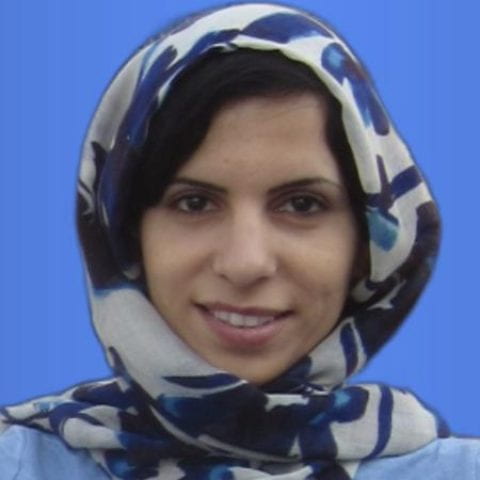Current NIH FIRST Faculty
Health Equity
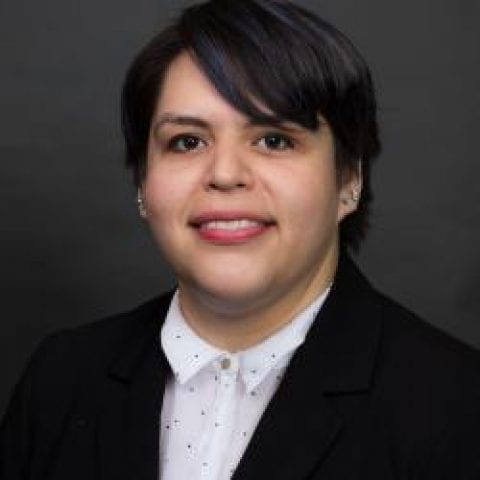 Dr. Monica Cornejo – Assistant Professor, Department of Communication
Dr. Monica Cornejo – Assistant Professor, Department of Communication
Dr. Monica Cornejo is an Assistant Professor in Interpersonal Communication in the Department of Communication at the College of Agriculture and Life Sciences. Dr. Cornejo’s research uses qualitative and quantitative methodologies to examine the structural barriers that lead to inequities among undocumented immigrants, how undocumented immigrants draw on communication identity management and advocacy strategies to challenge those barriers, and how those strategies relate to undocumented immigrants’ health and well-being.
Infection Biology
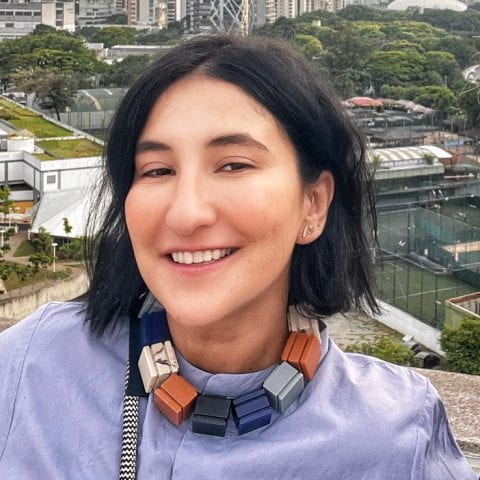 Dr. Ana Bento, Assistant Professor, Department of Public and Ecosystems Health
Dr. Ana Bento, Assistant Professor, Department of Public and Ecosystems Health
Dr. Bento is an assistant professor at Cornell University , Department of public and ecosystem health in the college of Vet medicine. She leads a team of transdisciplinary researchers to shape, develop and coordinate integrative research into how data-driven modeling can end current and prevent future pandemics. Ana is a disease ecologist with a focus on ecology and evolution of infectious diseases. She earned my Ph.D. in Ecology & Evolution at Silwood Park, Imperial College London. After a MRC postdoctoral fellowship (2013-2015) @ Imperial College, Infectious Diseases Epidemiology (https://www.imperial.ac.uk/school-public-health/infectious-disease-epidemiology/) Department, she moved to the US for a postdoctoral position @ the Odum School of Ecology (http://www.ecology.uga.edu/directory/ana-bento/), UGA, on the ecology & evolution of vaccine preventable childhood diseases (2015-2019). Prior to joining Cornell, she was an assist prof at IU SPH (2019-2023), and while on extended sabattical, she took a position at Rockefeller Foundation (2022-2023) as Director of Science.
In her lab the aim is to develop theoretical models to understand how human and other animal systems behave generally, while simultaneously seeking to confront and validate models with data and make predictions.
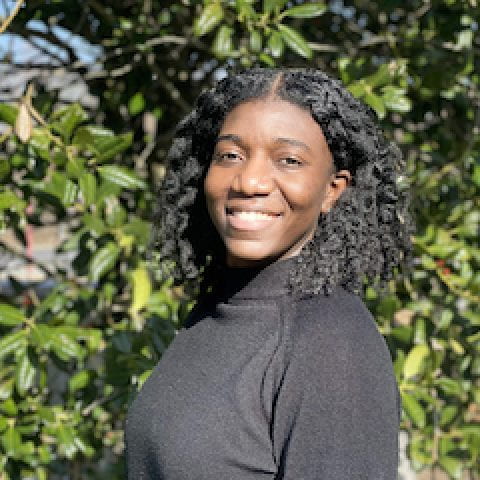 Dr. Lisa-Marie Nisbett, Assistant Professor, Microbiology
Dr. Lisa-Marie Nisbett, Assistant Professor, Microbiology
Dr. Lisa-Marie Nisbett is a Provost New Faculty Fellow (2023-2025) and an incoming NIH Cornell Faculty Institutional Recruitment for Sustainable Transformation (FIRST) Assistant Professor (2025- ) in the Department of Microbiology. She received both her B.S and M.S in Biology from the LIU Post Campus of Long Island University in 2009 and 2012 respectively. She then completed a Ph.D. in Biochemistry and Structural Biology from Stony Brook University in 2018, and was a IRACDA NY-CAPS postdoctoral scholar with Dr. Jessica Seeliger at Stony Brook University. Her postdoc work focused on probing the functional relationship between cell envelope biogenesis and lipid export pathways in mycobacteria. Specifically, Dr. Nisbett worked to elucidate the role of the lipoprotein LprG in transporting lipids to the exterior layer of mycobacteria, known as the mycomembrane, which functions as a well armored, critical barrier that protects mycobacteria from various assaults such as antibiotics. Dr. Nisbett’s long term research interests involve developing a comprehensive understanding of the molecular basis of bacterial pathogenesis of the non-tuberculous mycobacteria (NTM), which are clinically significant but critically understudied bacterial pathogens. Her lab will therefore investigate the molecular mechanisms that drive biofilm formation in Mycobacterium abscessus, a NTM associated with cystic fibrosis. Dr. Nisbett joined the faculty at Cornell in 2023.
Quantitative Biomedical Sciences
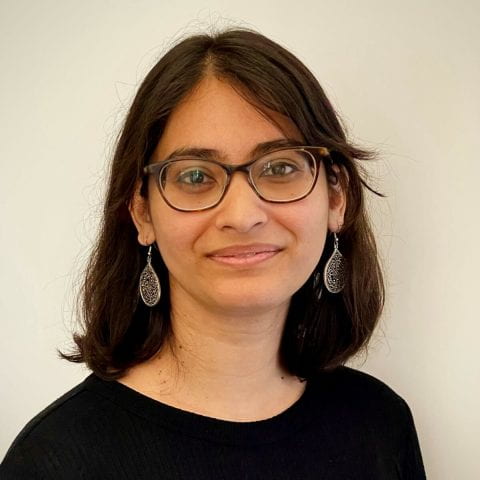 Dr. Arunika Das – Assistant Professor, Biomedical Sciences Department
Dr. Arunika Das – Assistant Professor, Biomedical Sciences Department
The Biomedical Sciences Department at the Cornell University College of Veterinary Medicine is pleased to welcome Dr. Arunika Das, Ph.D., a postdoctoral researcher in the biology department at the University of Pennsylvania School of Arts & Sciences, who will join us as an Assistant Professor in February 2024.
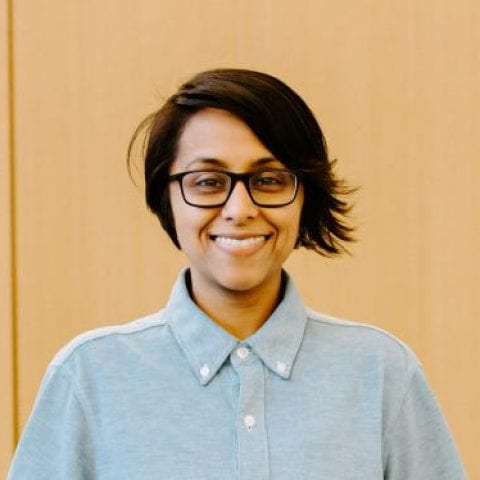 Dr. Shaila Musharoff – Assistant Professor, Department of Computational Biology
Dr. Shaila Musharoff – Assistant Professor, Department of Computational Biology
Dr. Shaila Musharoff is joining the department of Computational Biology in January 2023. Dr. Musharoff’s research focuses on the use of race and ancestry in genetic research, especially in diverse and admixed populations, with the goals of reducing health disparities and learning novel trait biology. Dr. Musharoff completed a bachelor’s degree with a double major in Genetics and Computer Science at Rutgers University followed by a master’s degree in Computer Science at New York University. Dr. Musharoff then earned a Ph.D. in Genetics at Stanford University where they studied sex-biased demographic histories with Carlos D. Bustamante. Dr. Musharoff was next a Postdoctoral Scholar with Noah Zaitlen at UCSF where they developed methods for genetic association studies in admixed populations. In addition, Dr. Musharoff is passionate about creating equity through their research, teaching, and extensive service work.
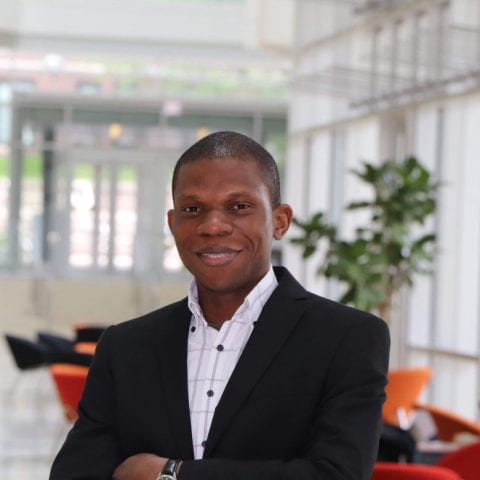 Dr. Zeribe Nwosu – Assistant Professor, Department of Molecular Biology and Genetics
Dr. Zeribe Nwosu – Assistant Professor, Department of Molecular Biology and Genetics
Dr. Nwosu is an NIH Cornell Faculty Institutional Recruitment for Sustainable Transformation (FIRST) Assistant Professor in the Department of Molecular Biology and Genetics. He obtained his PhD in Molecular and Cellular Biology from the University of Heidelberg, Germany, where he studied liver cancer metabolism in the lab of Prof. Steven Dooley. Thereafter, he joined the labs of Dr. Costas Lyssiotis and Prof. Marina Pasca di Magliano at the University of Michigan, where he did postdoctoral research focusing on pancreatic cancer metabolism, the role of tumor microenvironment and therapeutic prospects of targeting metabolism. He joined the faculty at Cornell in 2023. He is a member of the graduate fields of Biochemistry, Molecular, and Cell Biology (BMCB) and Genetics, Genomics and Development (GGD).
Dr. Madineh Sedigh-Sarvestani, Assistant Professor, Department of Neurobiology & Behavior
Dr. Madineh Sedigh-Sarvestani has a BA in Engineering from Harvey Mudd College and a PhD in Engineering Science & Mechanics from Penn State University. Her doctoral work focused on statistical and computational modeling of the brain rhythms involved in epilepsy. She turned to visual neuroscience for her postdoctoral work, first with Diego Contreras and Larry Palmer at the University of Pennsylvania, and later with David Fitzpatrick at the Max Planck Florida Institute for Neuroscience. Dr. Sedigh-Sarvestani is among 31 early-career academics from across the U.S. who has been named a Freeman Hrabowski Scholar by the Howard Hughes Medical Institute (HHMI), in recognition of her potential to become a leader in her research field and to create diverse, equitable and inclusive lab environments where everyone can thrive.
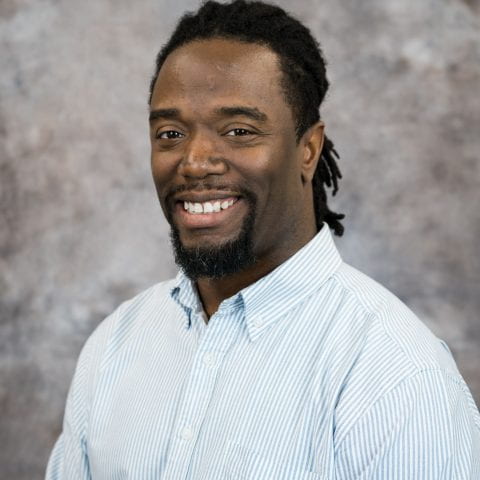 Dr. Glenn E. Simmons, Jr., – Assistant Professor, Biomedical Sciences Department
Dr. Glenn E. Simmons, Jr., – Assistant Professor, Biomedical Sciences Department
Dr. Simmons, Jr., is a cancer investigator and award-winning spoken word artist. As a Professor of Cancer Biology in the Department of Biomedical Sciences at Cornell University, his work as a molecular biologist focuses on understanding the connection between inflammation and cancer and the disparities of cancer diagnoses and treatment in communities of color. Over the course of the COVID-19 pandemic, he has focused his investigative efforts to test wastewater samples from wastewater plants in several communities in Minnesota, to assist in identifying and tracking asymptomatic outbreaks. A gifted orator, Simmons uses his storytelling skills to bring forth personal narratives, legacy and his origin story. He has received top honors from both regional and national spoken word events. He routinely delivers keynote addresses and presentations across the medical community, corporations and non-profit organizations.
In 2020, before joining Cornell he was named Outstanding Junior Mentor of the Year from the University of Minnesota Clinical and Translational Science Institute, one of approximately 60 medical research institutions working together to improve the way clinical and translational research is conducted nationwide, enhancing its efficiency and quality.
Simmons believes the key to inspiring Black communities and particularly, young men and boys, is through representation and creating a love of science. Through mentoring across a wide array of organizations, Simmons’ gift for oration and explanation inspires curiosity and confidence in his pupils.


